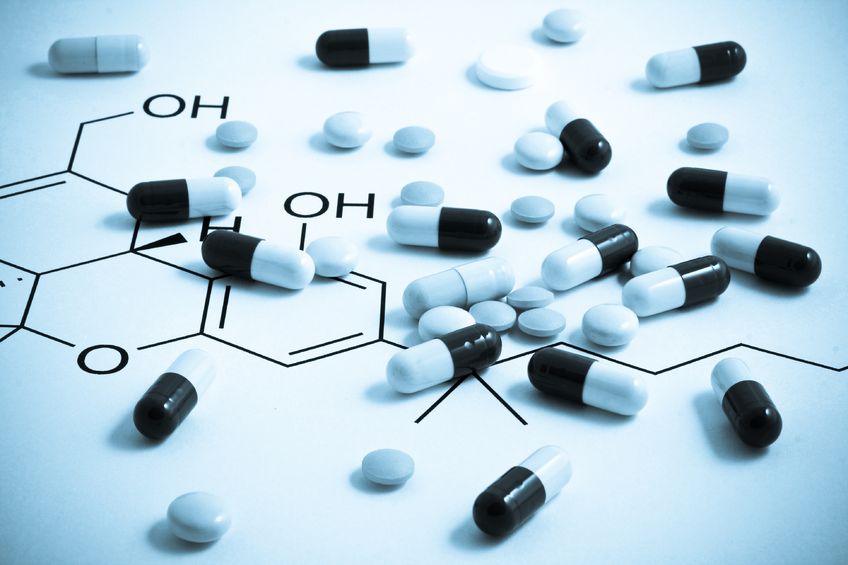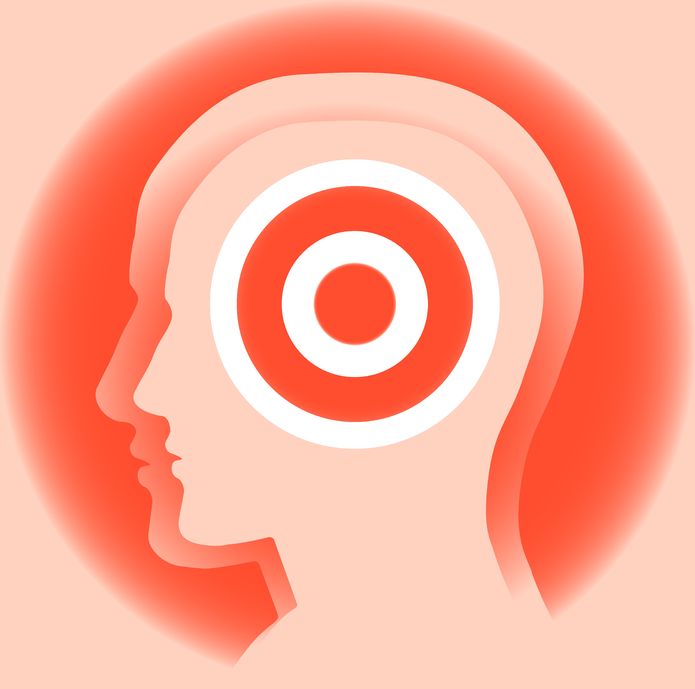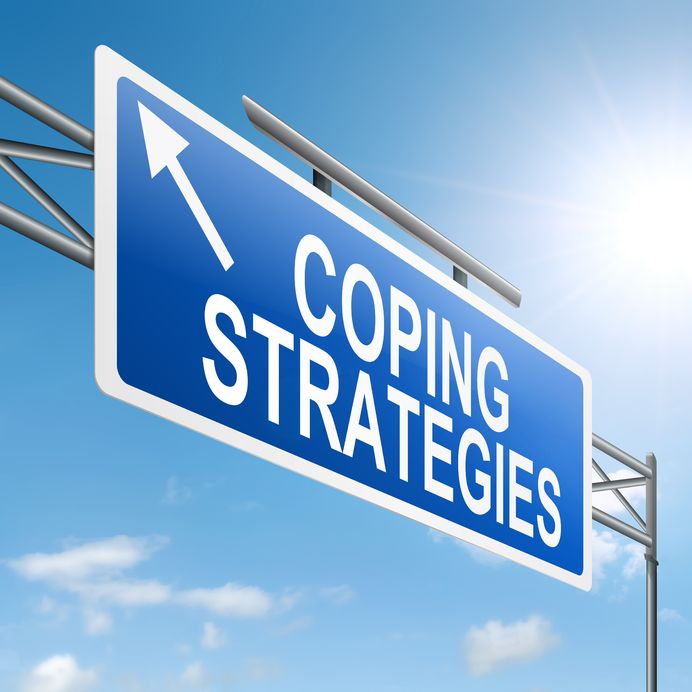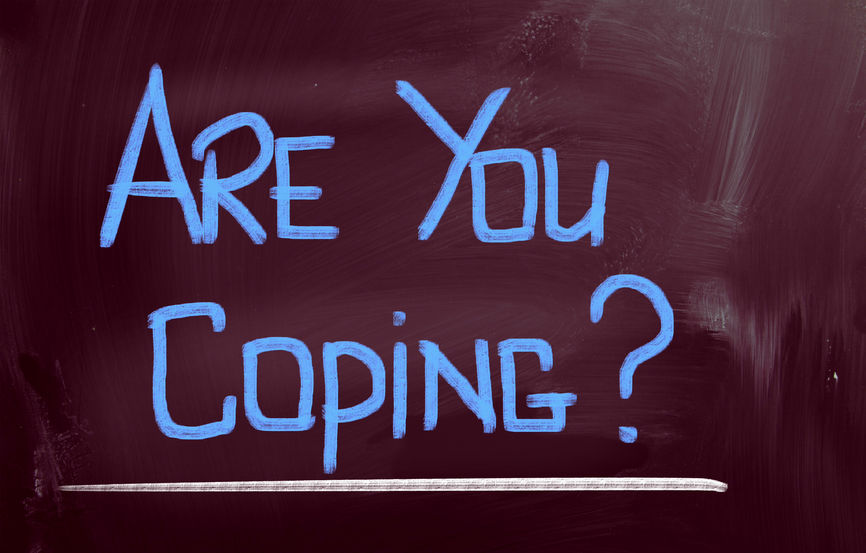 Much – though not enough – has been said recently on academia and mental and physical health. For many of us, the challenging road to scholarly ‘fulfillment’ is made harder by the underlying struggles that threaten to jeopardize our careers and general wellbeing. There is, however, a deeper level to add to this discussion, and one about which I do not write easily: addiction. My addiction to over-the-counter painkillers only really began during my MA. Although I’d taken them before to combat pain, my MA workload convinced me to take them habitually in a desperate effort to keep going. This only became worse when I started my PhD, and now I am in a position where I’m finding it hard to stop.
Much – though not enough – has been said recently on academia and mental and physical health. For many of us, the challenging road to scholarly ‘fulfillment’ is made harder by the underlying struggles that threaten to jeopardize our careers and general wellbeing. There is, however, a deeper level to add to this discussion, and one about which I do not write easily: addiction. My addiction to over-the-counter painkillers only really began during my MA. Although I’d taken them before to combat pain, my MA workload convinced me to take them habitually in a desperate effort to keep going. This only became worse when I started my PhD, and now I am in a position where I’m finding it hard to stop.
 Earlier this year I was diagnosed with Chronic Fatigue Syndrome, putting me in the twilight zone between mental and physical illness. This diagnosis was a long time coming, ever since undertaking my BA I was convinced that my constant aches, tiredness, migraines and anxiety must be linked in some way. The migraines were the reason I initially relied on codeine (solpadene being my tablet of choice) but soon I found myself taking them to prevent pain rather than cure. The slope got even slipperier once I found myself in person facing roles (public engagement, conferences), I began using codeine to get through events, terrified that I wouldn’t be able to give a paper, network or complete a task due to the sudden onslaught of a migraine. It also helps that codeine converts to morphine in the brain which gives one a sense of wellbeing, keeping anxiety and nerves at bay.
Earlier this year I was diagnosed with Chronic Fatigue Syndrome, putting me in the twilight zone between mental and physical illness. This diagnosis was a long time coming, ever since undertaking my BA I was convinced that my constant aches, tiredness, migraines and anxiety must be linked in some way. The migraines were the reason I initially relied on codeine (solpadene being my tablet of choice) but soon I found myself taking them to prevent pain rather than cure. The slope got even slipperier once I found myself in person facing roles (public engagement, conferences), I began using codeine to get through events, terrified that I wouldn’t be able to give a paper, network or complete a task due to the sudden onslaught of a migraine. It also helps that codeine converts to morphine in the brain which gives one a sense of wellbeing, keeping anxiety and nerves at bay.
Although my relationship with codeine is quite specific, it falls in line with the culture of addiction I think is inherent in academia on many other, socially-accepted levels. It is only through talking to fellow academics that you realise just how much caffeine and chocolate get them through the day, or how relieving it is when the wine is brought out at the conference reception. How much do we rely on substances to finish that article, or to ease the social anxiety of networking? Maybe we rely on these things a little too much. A number of blog posts addressing academia and alcohol addiction have surfaced throughout the years on sites such as Times Higher Education and The Chronicle of Higher Education. ‘The Professor is In’ also has some fantastic articles on addiction and recovery. Apart from these small pockets of information, there doesn’t seem to be any further clarification on how addicted we actually are as a community. I can assume, however, that it’s not just me that worries about my reliance on potentially damaging substances.
 My problem is that I need something to combat the fear of pain rather than pain itself. For example, the doctor has given me alternative migraine medication, but most naratriptons etc. need you to be in the full swing of things before they actually have an affect. A lot of codeine addicts also find it incredibly difficult to trust other medication; I believe that nothing apart from codeine will prevent pain. But this is where it gets difficult, where the justification is no longer valid. Like with most drugs, codeine turns against you in the end. I have had repeated warnings from my doctor that I am damaging myself, and, ironically, that codeine itself is starting to cause the very migraines I am trying to prevent. What usually happens now, is that I have a brief busy spell (say a three day conference) where I’m functioning well yet high on codeine, then suddenly I have a week long crash where I fall desperately behind on my work.
My problem is that I need something to combat the fear of pain rather than pain itself. For example, the doctor has given me alternative migraine medication, but most naratriptons etc. need you to be in the full swing of things before they actually have an affect. A lot of codeine addicts also find it incredibly difficult to trust other medication; I believe that nothing apart from codeine will prevent pain. But this is where it gets difficult, where the justification is no longer valid. Like with most drugs, codeine turns against you in the end. I have had repeated warnings from my doctor that I am damaging myself, and, ironically, that codeine itself is starting to cause the very migraines I am trying to prevent. What usually happens now, is that I have a brief busy spell (say a three day conference) where I’m functioning well yet high on codeine, then suddenly I have a week long crash where I fall desperately behind on my work.
 Although I love my research, my reliance on painkillers has made me realise how much pressure my PhD puts on my health. Although I recognise the different layers of PhD life (health, family, friends, thesis, academic extras) and try to balance accordingly, it’s very difficult to get my health back on track whilst trying to juggle all these other commitments. I am finding time, though, and I am getting through it. As I write this post, I’ve not had any form of painkiller for four days, and that’s a record for me. Addiction is a difficult subject in any walk of life, and reliance on codeine may not be seen to be as bad as alcohol or harder drugs. But what I do know is that with academia comes pressure, and with pressure comes the need for extra help or escape. Although there are plenty of academics out there on well-managed, sensible medication, are there others, like myself, who go down a more dangerous route to stay afloat?
Although I love my research, my reliance on painkillers has made me realise how much pressure my PhD puts on my health. Although I recognise the different layers of PhD life (health, family, friends, thesis, academic extras) and try to balance accordingly, it’s very difficult to get my health back on track whilst trying to juggle all these other commitments. I am finding time, though, and I am getting through it. As I write this post, I’ve not had any form of painkiller for four days, and that’s a record for me. Addiction is a difficult subject in any walk of life, and reliance on codeine may not be seen to be as bad as alcohol or harder drugs. But what I do know is that with academia comes pressure, and with pressure comes the need for extra help or escape. Although there are plenty of academics out there on well-managed, sensible medication, are there others, like myself, who go down a more dangerous route to stay afloat?
YES, in answer to your final question! I have a long standing history of mental health and substance abuse issues, so it wasn’t particularly a surprise to fall prey to codeine. Starting the second year of my PhD I switched from desk-based theory to starting my empirical research. It was a change of pace and initially I struggled to adapt. Repetitive waves of anxiety-induced nausea came over me every time I thought about the amount of work I needed to do.
Having been dependent on tranquilizers and sleeping tablets in the past (pre-academia, I should point out) I was keen to avoid them. I discovered the sedating effect of codeine by accident when I took a family member’s prescription for a headache. But that feeling of drowsiness gripped me. Pretty soon I was taking that person’s prescription without their knowledge and topping up on over the counter. Problem is, you obviously need more and more each time. I dread to think how much paracetamol I must have been inducing alongside it. I’d do week-long binges and then crash.
Thing is, after time as you say, Codeine does make you feel pretty ill. It constipates you. I felt sick a lot. And it meant that when I actually needed painkillers, nothing really touched it because I was taking 240mg in one go just for the high.
I have now managed to pretty much stop the Codeine, after I ended up making myself feel so ill over Christmas with it. But I still have a supply, and I carry it around with me. The anxiety I get with my PhD is unlike other types of anxiety I am familiar with – I often get agitated and paranoid. This is a physical manifestation: I frequently vomit from the feeling. It feels like mentally drowning, and codeine can make you float back up to the surface – but only for a while.